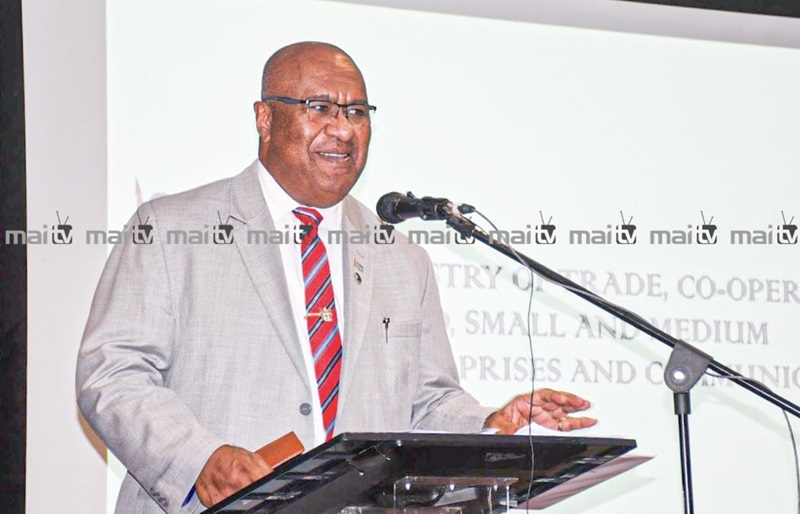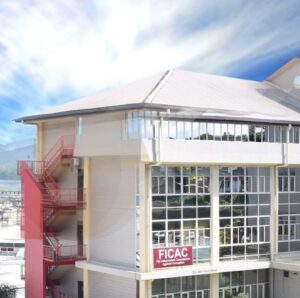Fiji’s Coalition Government began consultations with stakeholders including the private sector to reassess the Pacific Agreement on Closer Economic Relations (PACER Plus), seven years after the agreement was signed in Tonga’s capital, Nukuálofa.
Held today in Suva, these discussions are critical as Fiji evaluates whether joining PACER Plus aligns with its national interests, considering among other things, its F$1 billion trade deficit with Australia and New Zealand, and the potential loss of millions in revenue if it signs the agreement.
Opening the plenary discussions involving government stakeholders, Deputy Prime Minister and Minister for Trade Manoa Kamikamica stressed the importance of carefully analysing the agreement to determine if it aligns with Fiji’s current economic needs.
“Fiji’s involvement in the negotiations of PACER Plus was driven by our commitment to fostering regional cooperation and ensuring that trade agreements truly serve as instruments of development.”
PACER Plus, originally negotiated by Australia, New Zealand, and several Pacific Island nations, aims to address the unique challenges faced by Pacific economies by enhancing trade and economic cooperation. However, despite participating in the negotiations, Fiji opted not to sign the agreement when it was finalised in 2017. Kamikamica explained that this decision was influenced by concerns about whether the agreement would sufficiently address Fiji’s economic vulnerabilities, including its trade deficit with Australia and New Zealand.
“With more than F$1 billion trade deficit with Australia and New Zealand, we must ask how PACER Plus will impact Fiji’s trade,” Kamikamica remarked. He further questioned whether the agreement would lead to an increase in Fiji’s exports or exacerbate the trade imbalance by boosting imports from Australia and New Zealand.
In addition to trade concerns, the Minister highlighted potential fiscal impacts, particularly regarding tariff revenue.
“The Ministry of Finance recently suggested that the loss of tariff revenue could be as high as F$300 million, for both Australia and New Zealand combined,” he said, urging participants to consider whether Fiji could afford such a revenue loss in its current fiscal situation.
In his speech, Kamikamica also referenced existing regional trade agreements such as the Pacific Island Countries Trade Agreement (PICTA) and the Melanesian Spearhead Group (MSG) Trade Agreement. He raised the question of what additional value PACER Plus would bring, considering these existing frameworks.
Permanent Secretary for Trade, Shaheen Ali, also spoke at the consultation, noting the historical context of PACER Plus and Fiji’s role in its negotiations.
“Even though we came late to the table, I would like to think that Fiji contributed positively to the negotiations,” Ali said, pointing out that Fiji’s involvement introduced flexibilities that might not have existed otherwise.
Ali described the current consultations as “more than just a gathering of stakeholders; they are a crucial step towards ensuring that your voices are heard as we undertake a comprehensive assessment of PACER Plus.”
As consultations continue over the next three days the ministry will also consider accepting virtual and written submissions.
A detailed report will be compiled after these discussions, which will help shape Fiji’s national position on PACER Plus.
Kamikamica urged participants to engage in open and frank discussions, saying, “We must work together to determine whether PACER Plus, as it stands, can be the vehicle for sustainable development that it was intended to be.”









